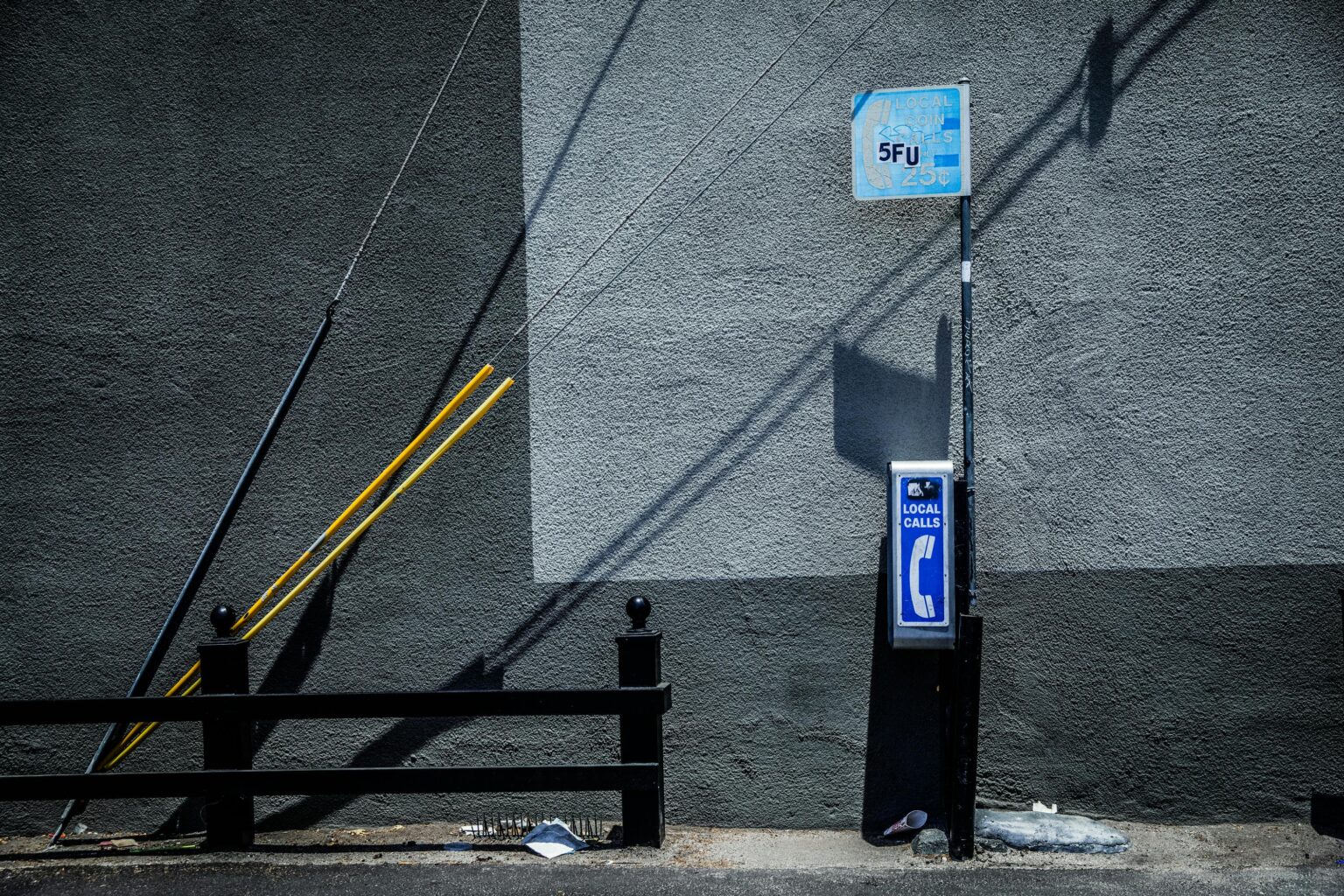The Argentine government has temporarily suspended Telecom Argentina’s acquisition of Telefónica’s local unit. This preventive measure, issued on March 21, 2025, by the Secretariat of Industry and Commerce under the Ministry of Economy, follows a recommendation from the National Commission for the Defense of Competition (CNDC).
Background and Justification The CNDC raised concerns that the merger would significantly increase Telecom Argentina’s market share, leading to potential monopolistic practices. According to the official government report, the post-merger entity would control approximately:
- 61% of the mobile phone sector,
- 69% of fixed-line telephony, and
- Up to 80% of residential internet services in certain regions.
These figures highlight a substantial risk of reduced market competition, which could negatively impact consumer choice, pricing, and service quality.
Regulatory Implications The government’s preventive suspension underscores Argentina’s commitment to rigorous antitrust evaluations, ensuring compliance with national and international regulatory frameworks. Given the critical role of telecommunications in modern society, authorities emphasize the necessity of maintaining a competitive and transparent market.
Government’s Position and Next Steps The administration of President Javier Milei has reinforced its stance on protecting consumer rights and market fairness. The CNDC will conduct a thorough review of the proposed acquisition to assess its full implications before a final decision is made. Until then, the preventive measure will remain in place to safeguard market integrity.
Industry Response Telecom Argentina, partly owned by the Clarín Group, has expressed its willingness to cooperate with regulators and reiterated its commitment to continued investment in Argentina’s telecom infrastructure, including 5G expansion and fiber-optic network development. The company maintains that the merger aligns with industry trends and aims to enhance service capabilities.
Conclusion This case highlights the complexities of regulating major telecommunications mergers in emerging markets. The Argentine government’s decision reflects broader global efforts to balance industry consolidation with the need for market competition and consumer protection. As regulatory authorities proceed with their in-depth analysis, the final outcome of this merger remains uncertain, with significant implications for the country’s telecom landscape.


